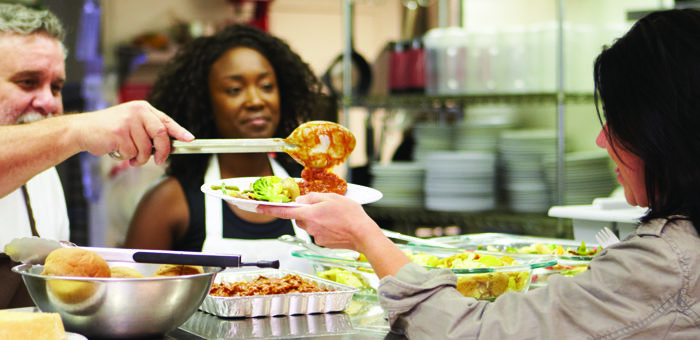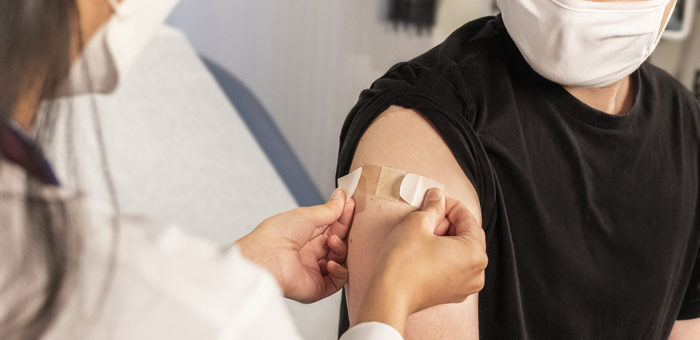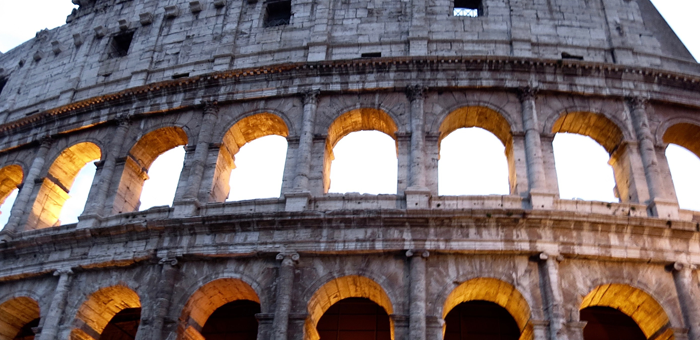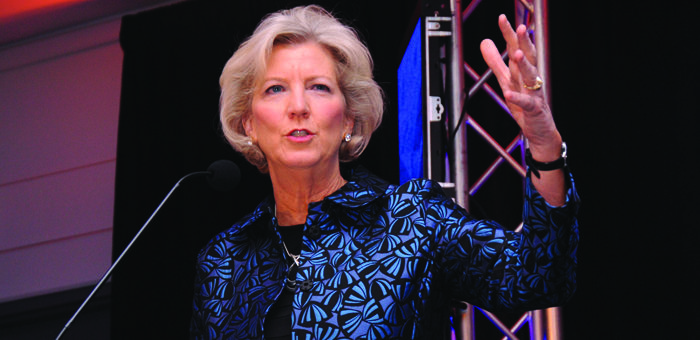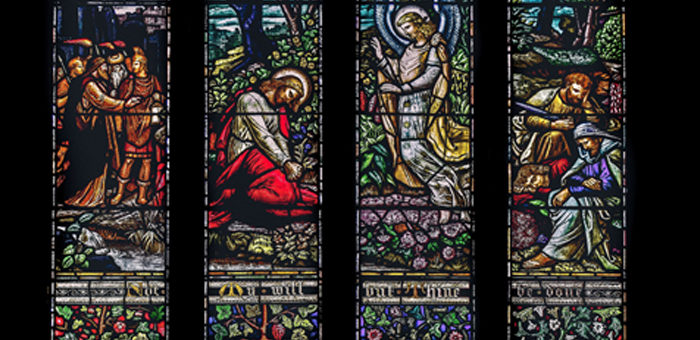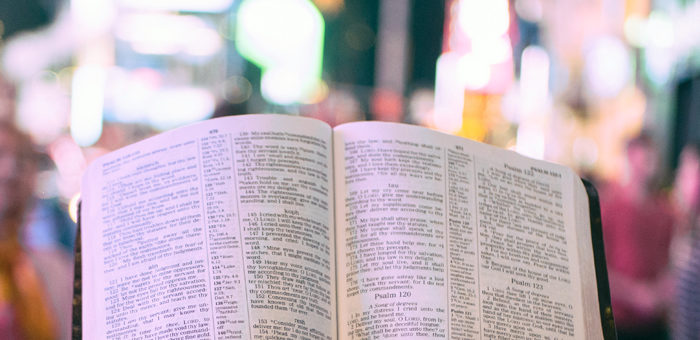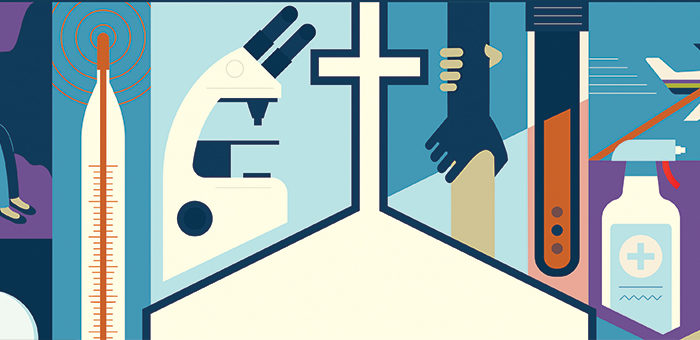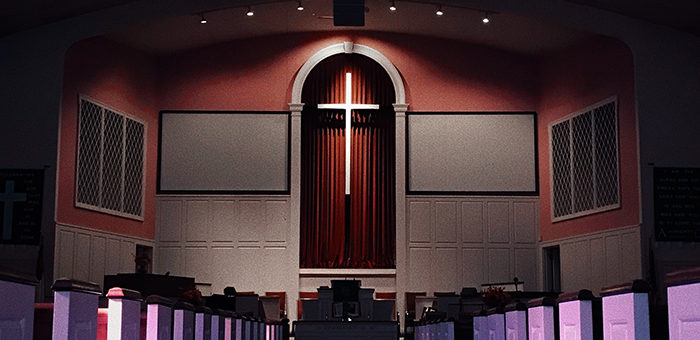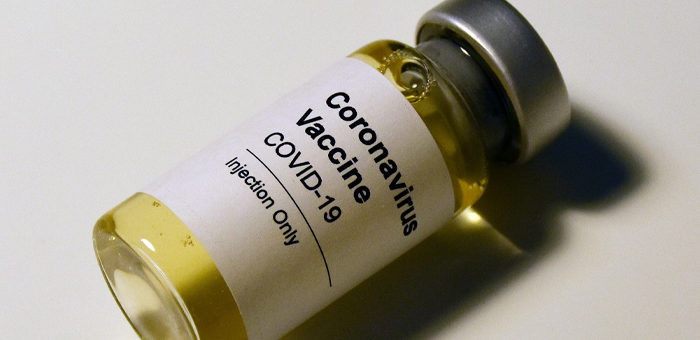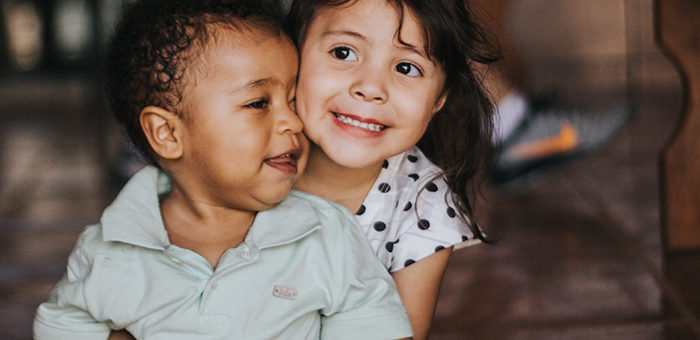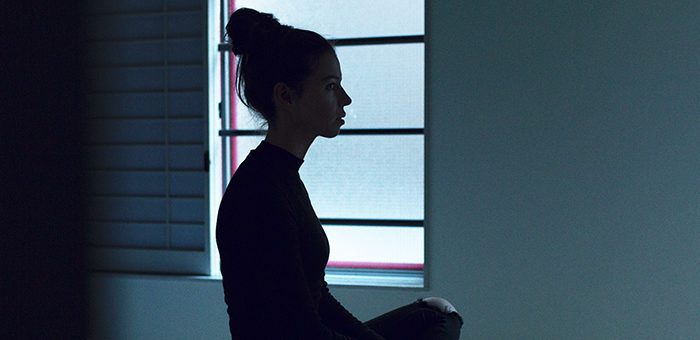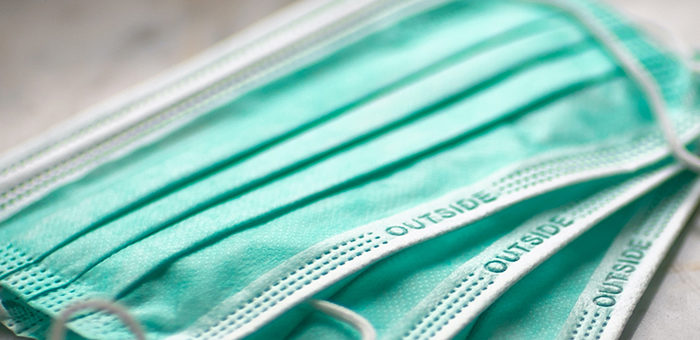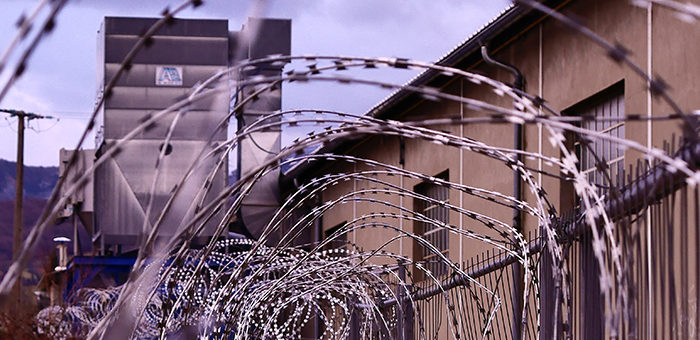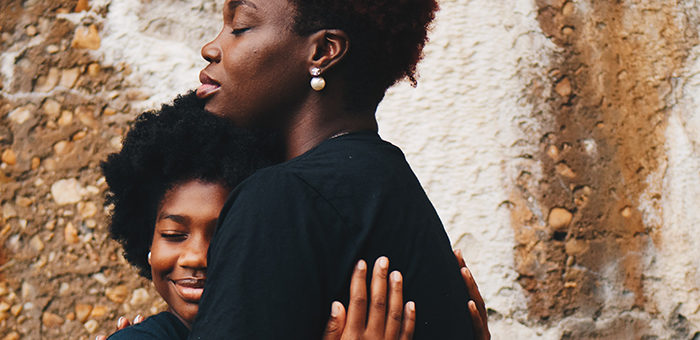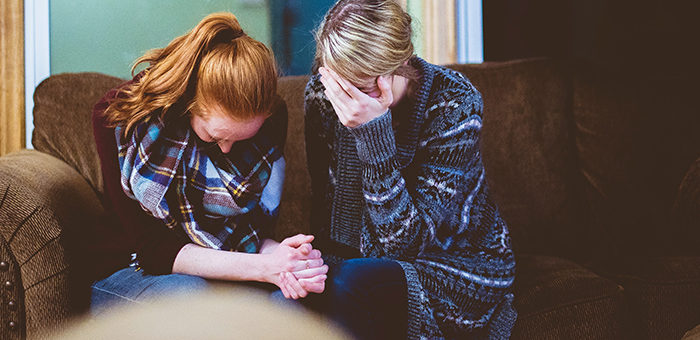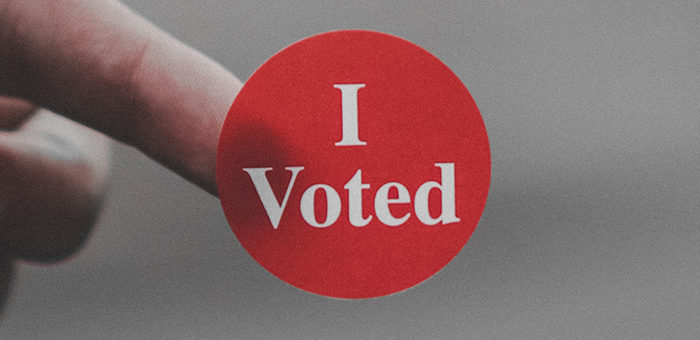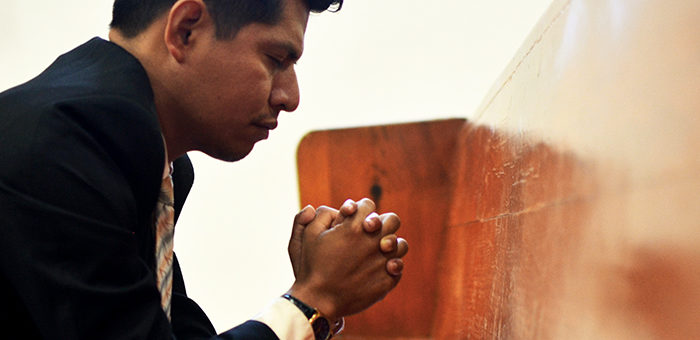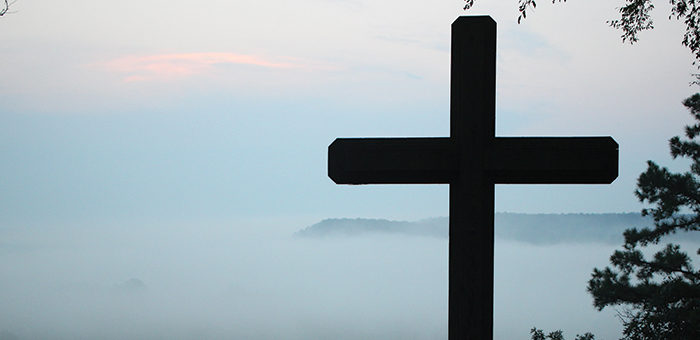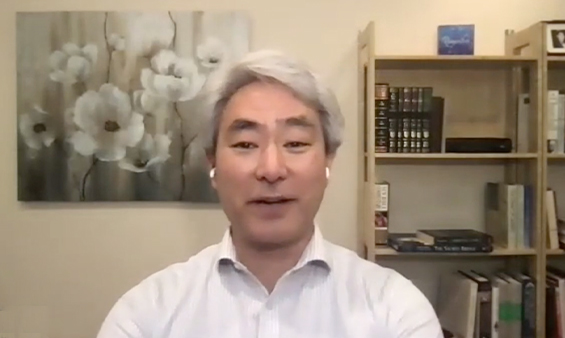In mid-March First Baptist Church of Glenarden opened their doors to serve their community as a vaccination clinic two days a week. The response was overwhelming, and the clinic was soon providing vaccinations five days a week, eight hours a day.
Located in Prince George’s County, Maryland, First Baptist Church partnered with the University of Maryland Capitol Region Health Center and an army of volunteers to provide vaccinations. Over 1,000 volunteers signed up to facilitate the clinic, cycling through three daily shifts.
First Baptist’s vaccine clinic is one of many hosted by churches around the country. As congregations navigated limits on their worship gatherings, they deftly shifted to using their church buildings and parking lots to serve the community through vaccination clinics.
Since the pandemic began, Calvario City Church in Orlando, Florida, proactively provided COVID information to their predominantly Latino congregation. When vaccines became available, it was a natural next step for the congregation to host vaccination clinics. The church hosted three clinics, reaching their congregants and families from the broader community. For many in the Latino community, the church is a trusted messenger and a natural partner for matters of health and wholeness, said Omar Johnson, associate pastor of Calvario City Church.
At Northland Church in Longwood, Florida, over 2,800 people were vaccinated at clinics hosted by the church. Before vaccines were available, the church’s parking lot served as a COVID testing site. Judy Head, the church’s director of Community Safety, shared that for members of the community the clinics and testing site renewed a connection to the church, encouraging them to get involved.
Churches often couple their vaccination clinics with ongoing COVID conversations in their congregations. At Calvario City Church, Pastor Nino Gonzalez uses his regular weekday radio program to update his listeners on the effects of COVID and the benefits of vaccination. At First Baptist Church of Glenarden, Pastor John Jenkins Sr. invited a medical professional to an online Bible study to answer questions about the vaccine.
For the vaccine hesitant, church-based clinics provide a safe place for individuals to have their questions answered by medical professionals in a warm and welcoming environment. At First Baptist of Glenarden, visitors to the vaccination site were so impressed by the kindness of the volunteers and the quality of the clinic that they have returned for Sunday services, said Georgina Agyekum Manzano, the church’s health center administrator.
Churches have long served their communities offering education, food, clothing, housing, counseling and other assistance in addition to spiritual direction and discipleship. Now, hosting vaccination clinics have opened doors for congregations to participate in diverse coalitions of public officials, medical providers and other local nonprofits. For many congregations these coalitions offer new and varied ongoing opportunities to serve their communities.
In much the same way, the National Association of Evangelicals has collaborated with diverse partners to ensure that evangelicals have access to accurate information about the COVID vaccines and to empower churches that would like to serve as vaccination sites.
NAE President Walter Kim said, “For the evangelical community, vaccination is an expression of our mission in the world to do good and love our neighbor. In hosting vaccination clinics, churches have the opportunity to be the leading edge of caring for our neighbors.”
The NAE COVID Vaccine Resource Hub is a rich source of videos, toolkits, FAQs and other COVID vaccine resources. Congregations that would like to host a vaccination clinic can learn more in the Onsite Vaccination Clinic toolkit.
This article originally appeared in Evangelicals magazine.
Heather Gonzales, NAE vice president and chief operating officer, has served the NAE since 2005, most recently as association director. Previously, she worked for IRI, an international democracy promotion organization; Africa Inland Mission in Namibia; and several congressional offices. Gonzales holds degrees in history and business management from Huntington College and a Masters of Liberal Studies from Georgetown University.




 View All Articles
View All Articles 
